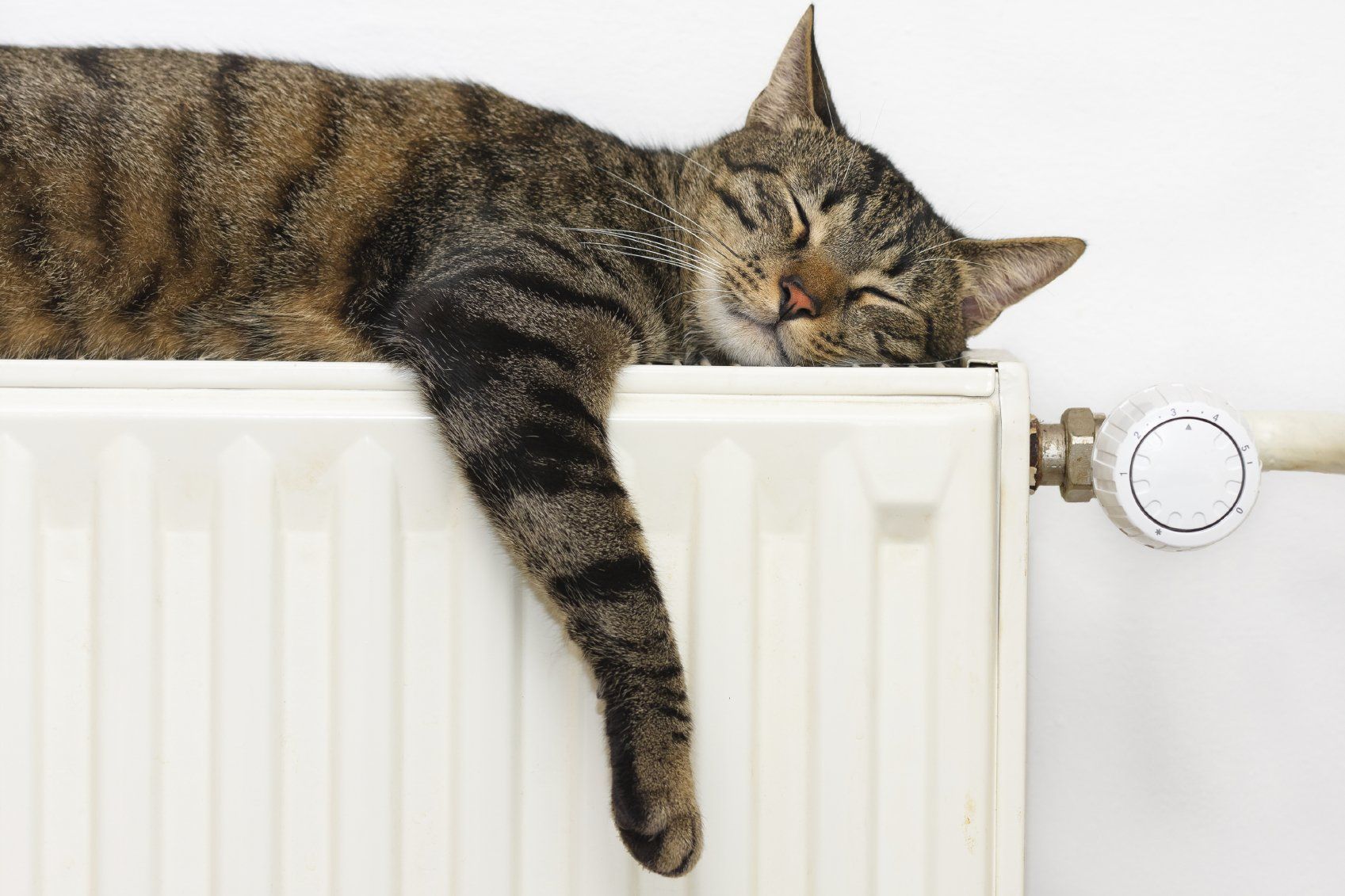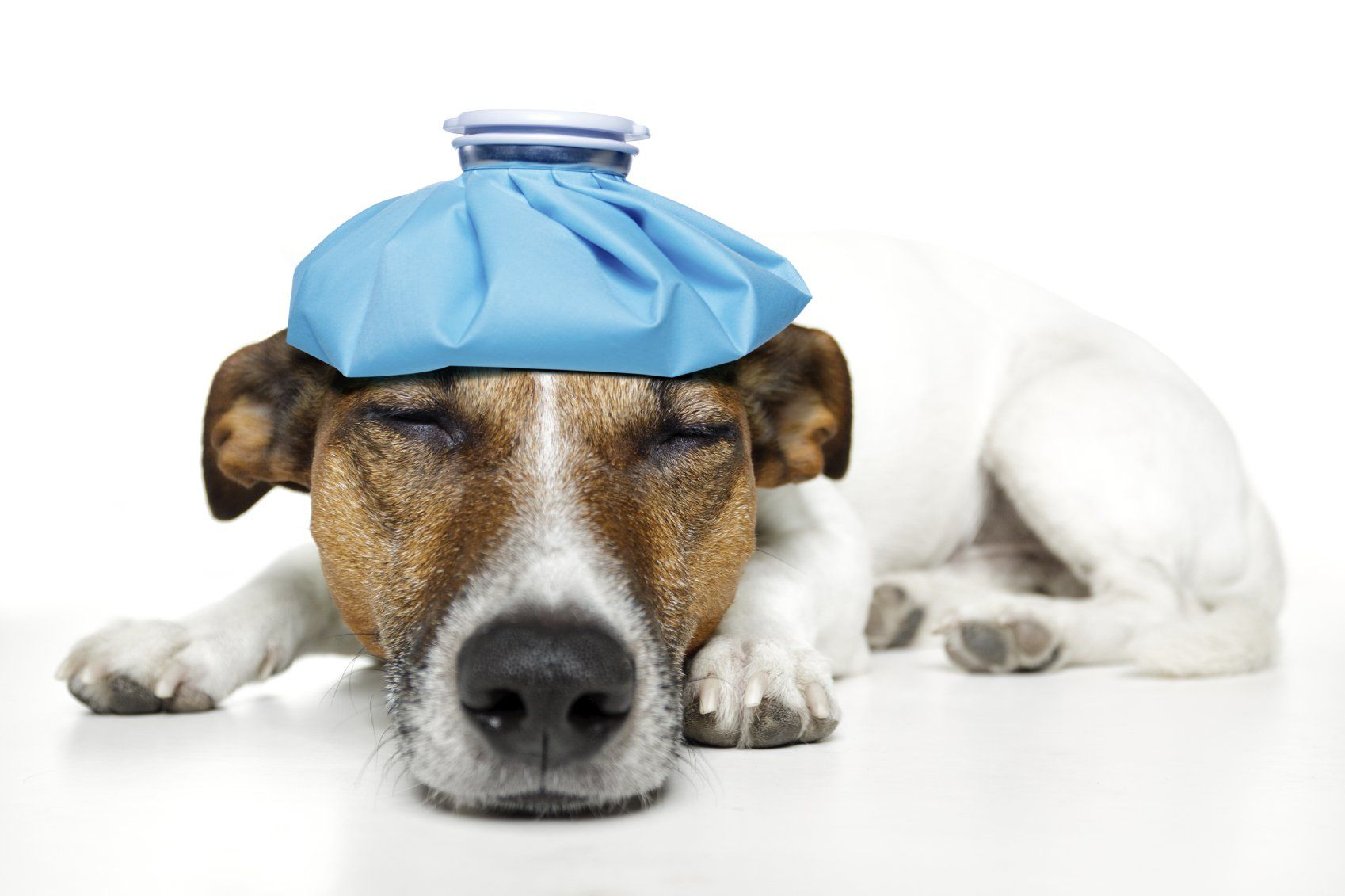Lisette Druliner, DVM, cVMA
My name is Dr. Lisette Druliner and I am so excited to be a part of the team of veterinarians at Loyal Family Veterinary Hospital!
I am a Seattle native and grew up in Woodinville. I lived on a small hobby farm where we had dogs, horses, cats, and pigs. I participated in the Snohomish County 4-H Horse Program showing my Arabian horse and participating in the Veterinary Science project at the county fair. I decided at the age of 12 that I wanted to become a veterinarian to care for animals and help nurture the human:animal bond.
I attended Washington State University for my entire college career, earning a B.S. degree in Wildlife Resource Science with minors in Biology and Music. While in veterinary school I worked in the Field Disease Investigation Unit, supporting the E. coli 0157:H7 and Salmonella typhimurium DT104 projects. I graduated with my DVM in 1998 where I earned the Faculty Award of Excellence in Small Animal Medicine and Surgery. I moved on to a private internship in Equine Surgery and Lameness at Equine Medical Associates in Edmond, OK, where I was first introduced to acupuncture. I transitioned to small animal practice after 5 years in equine medicine. Most recently, I worked for a board-certified veterinary dentist in a general practice where I developed my skills in small animal dentistry. Four years ago I decided to start my own mobile acupuncture practice and am certified in Veterinary Medical Acupuncture for small and large animals.
Outside of veterinary medicine my husband and I are the proud parents of a college-aged son and high school-aged daughter. We have two German Wirehaired Pointers and enjoy wine tasting and attending Sounders matches. My daughter and I ride and show two Morgan horses. I am a 4-H leader and the Chair of Equine Science for the Snohomish County 4-H Horse Program. I look forward to meeting you and your pets!
What is Acupuncture?
Acupuncture involves the insertion of very thin needles through your skin at strategic points on your pet's body. A key component of traditional Chinese medicine, acupuncture is most commonly used to treat pain. Increasingly, it is being used for overall wellness, including stress management.
Traditional Chinese medicine explains acupuncture as a technique for balancing the flow of energy or life force — known as chi or qi (chee) — believed to flow through pathways (meridians) in your pet's body. By inserting needles into specific points along these meridians, acupuncture practitioners believe that your pet's energy flow will re-balance. In contrast, many Western practitioners view the acupuncture points as places to stimulate nerves, muscles and connective tissue. Some believe that this stimulation boosts your pet's body's natural painkillers." (Based on statements about acupuncture from Mayo Clinic)
Dr. Druliner will provide integrative therapies using both acupuncture and traditional veterinary medicine to achieve a thorough evaluation of a pet’s entire body. Based on the exam results, a combination of prevention and treatment is developed to treat pain and chronic diseases.
Acupuncture can benefit all life stages (juvenile, adult and senior) and a variety of conditions. It works particularly well to help reduce the cumulative effect of chronic illness.
For more information about acupuncture on pets, please go to American Academy of Veterinary Acupuncture (AAVA)
How Does Acupuncture Work?
Acupuncture points are located where nerves and blood vessels travel, and where sensitive connective tissue structures and muscles lie. Placing a needle in the appropriate point modulates brain activity in the somatosensory cortex, limbic system, basal ganglia, brain stem, and cerebellum. This occurs through the release of neuropeptides from nerve endings, including CGRP, and alters the function along the neuroaxis and the peripheral and autonomic extensions. Acupuncture and electro-stimulation of specific points causes the release of proteins the body uses to respond to tissue trauma. This "trauma" affects local tissues with these proteins but also sends signals to the brain, thus the effect of neuromodulation. Different nerves contact different regions of the brain which is how an acupuncture point can affect organs and other locations of the body. It is a very complicated web of neurons and signals. Chinese practitioners described these pathways as best they knew how and current research is showing why they saw positive effects and how acupuncture works.
Will My Pet Tolerate Acupuncture?
Acupuncture is a gentle process that most pets tolerate once they understand the process is minimally painful. Sometimes, a pet will require treats to help alleviate anxiety. We only do what a pet will accept. We do not sedate or restrain pets to perform acupuncture. If they will not tolerate needling then laser therapy alone may be employed.
Are There Any Side Effects?
Acupuncture can result in a relaxed state, which can be misinterpreted as lethargy or a worsening condition. This is temporary and indicates that the animal is indeed sensitive to the effects of acupuncture. Your veterinarian will adjust the treatment, if needed, at your next visit. Acupuncture needles are sterilized, so infection from the needle site is extremely rare. Any concerns that you have about the treatment should be discussed with your veterinarian.
Check out our Acupuncture Promotion










